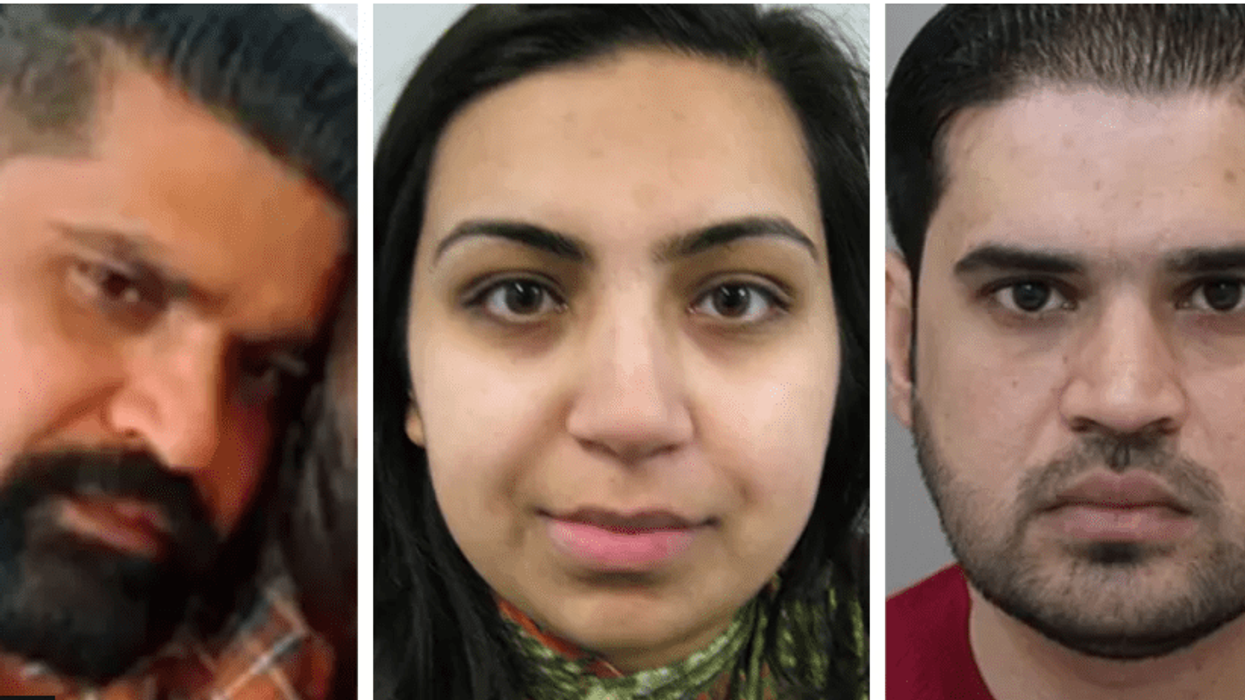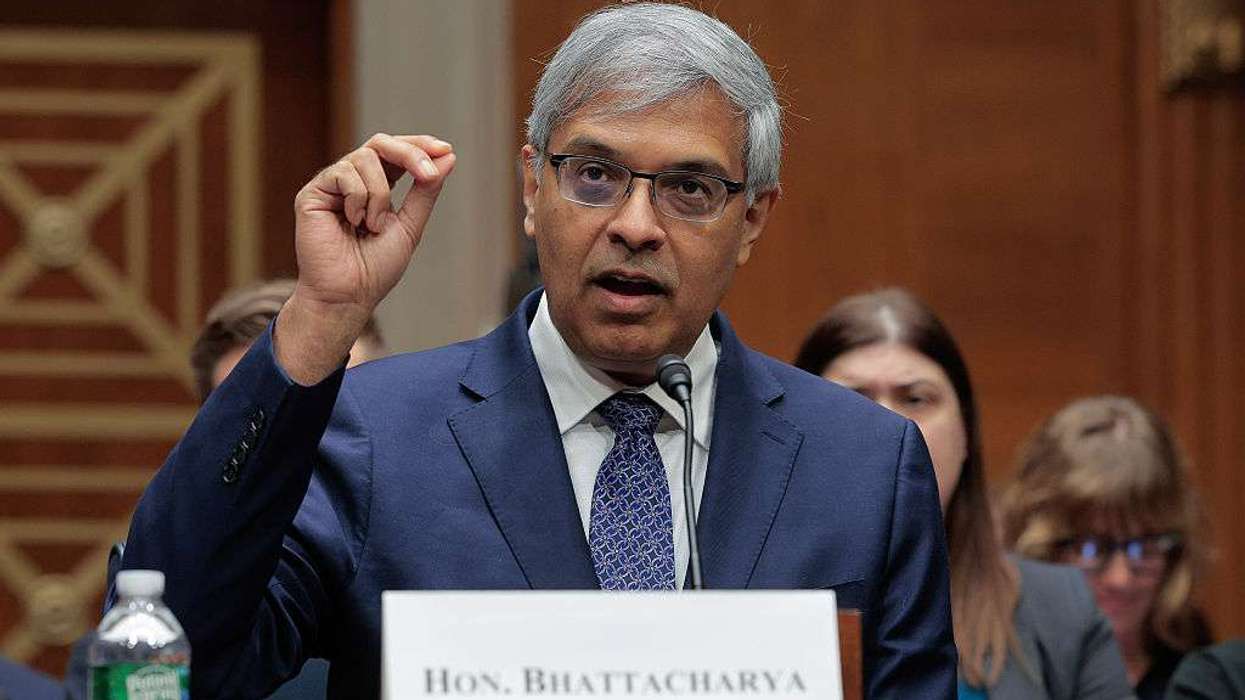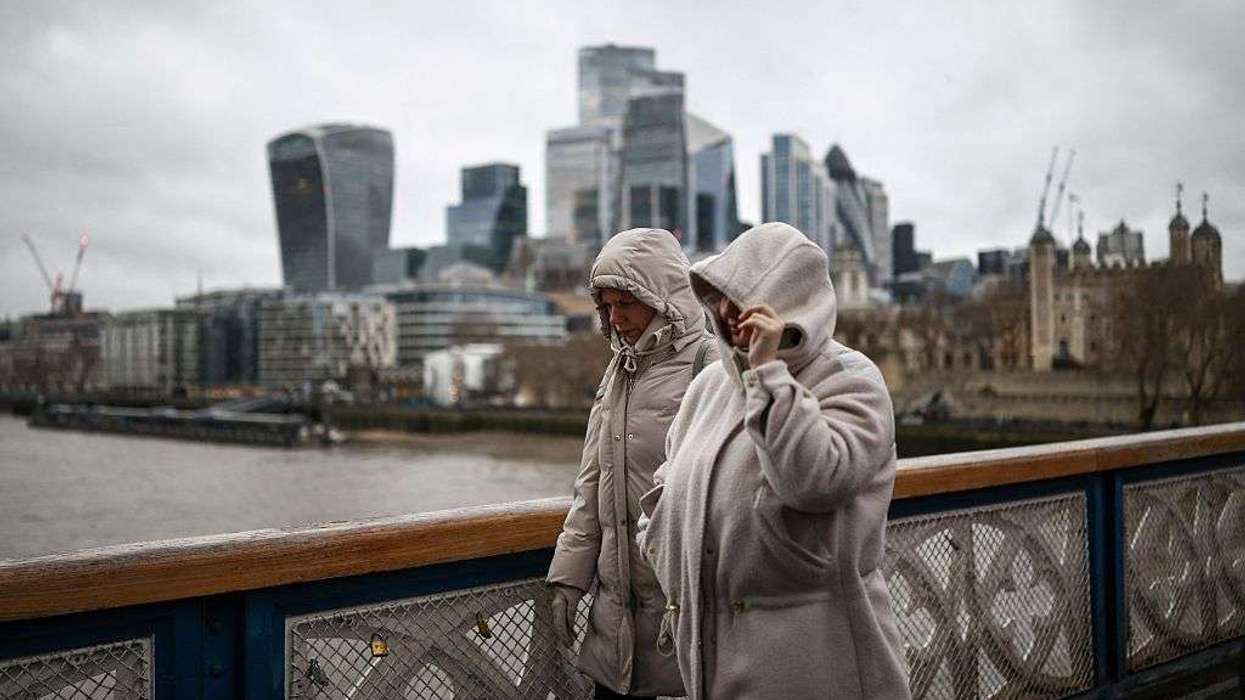https://www.easterneye.biz/sara-sharif-s-parents-appeal-life-sentences/A COURT on Thursday (13) upheld lengthy prison terms handed to the father and stepmother of a 10-year-old British-Pakistani girl who was killed after suffering years of torture and abuse.
The trial of Urfan Sharif and his wife Beinash Batool caused waves of revulsion in the country at the horrific way they had treated Sara Sharif.
There was anger too at how the bright, bubbly youngster had been failed by the authorities supposed to be in charge of her care.
Sharif, 43, Batool, 30, and her uncle, Faisal Malik, 29, all lost bids on Thursday to appeal against their sentences.
The court also refused a plea by the solicitor general's office to impose a stiffer whole-life sentence on Sharif.
Sara's father was sentenced in December to 40 years in prison for her murder, while her stepmother was ordered to remain in jail for at least 33 years.
Her uncle was sentenced to 16 years after being found guilty of causing or allowing her death.
Sara's body was found in bed at the family home in August 2023 covered in bites and bruises with broken bones and burns inflicted by an electric iron and boiling water.

Seeking to reduce Sharif's term, lawyer Naeem Majid Mian argued that although Sara's treatment had been "horrendous" it did not merit his 40-year sentence.
"There was no intention to kill... and (the death) was not premeditated," he added.
But documents submitted to the court on behalf of the solicitor general, one of the government's top legal officers, called for Sharif to have an indefinite sentence imposed.
"It is submitted that the judge was wrong not to impose a whole life order on the offender," said lawyer Tom Little in a text submission.
A lawyer for Sara's stepmother also told the court that her sentence of 33 years was too long and did not "justly reflect her role".
Dismissing Sharif's appeal, Lady Chief Justice Sue Carr, the highest-ranking judge in England and Wales, said: "We can see no arguable basis to challenge the conclusion of the trial judge."
Passing sentence in December after the trial, judge John Cavanagh said Sara had been subjected to "acts of extreme cruelty" but that Sharif and Batool had not shown "a shred of remorse".
They had treated Sara as "worthless" and as "a skivvy", because she was a girl. And because she was not Batool's child by birth, the stepmother had failed to protect her, he said.
"This poor child was battered with great force again and again."
A post-mortem examination of Sara's body revealed she had 71 fresh injuries and at least 25 broken bones.
She had been beaten with a metal pole and cricket bat and "trussed up" with a "grotesque combination of parcel tape, a rope and a plastic bag" over her head.
A hole was cut in the bag so she could breathe and she was left to soil herself in nappies as she was prevented from using the bathroom.
Police called the case "one of the most difficult and distressing" they had ever dealt with.
The day after Sara died, the three adults fled their home in Woking, southwest of London, and flew to Pakistan with five other children.
Her father, a taxi driver, left behind a handwritten note saying he had not meant to kill his daughter.
After a month on the run, the three returned to the UK and were arrested after they landed. The five other children remain in Pakistan.
There has been anger in the UK that Sara's brutal treatment was missed by social services after her father withdrew her from school four months before she died.
Sharif and his first wife, Olga, were well known to social services. In 2019, a judge decided to award the care of Sara and an older brother to Sharif, despite his history of abuse.
The school had three times raised the alarm about Sara's case, notably after she arrived in class wearing a hijab which she used to try to cover marks on her body which she refused to explain.
(AFP)





